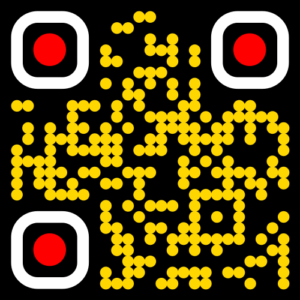How to Stay Focused During Online Lectures
With the rise of remote learning, staying focused during online lectures has become one of the biggest challenges faced by college students. Distractions are everywhere—your phone, your bed, that open tab with YouTube calling your name. Whether you’re studying engineering, business, or nursing, maintaining concentration is key to academic success.
If you’re working on a major project like a thesis or dissertation, staying focused is even more important. For nursing students in particular, choosing the right topic can also be overwhelming. If you’re stuck, check out this helpful list of nursing dissertation ideas from MyAssignmentHelp—it’s a great starting point for organizing your research while keeping your focus sharp.
1. Create a Dedicated Study Space
Set up a spot in your home that’s just for studying. Keep it clean, quiet, and free from distractions. Avoid using your bed or sofa, as your brain associates those places with rest, not learning.
2. Eliminate Digital Distractions
Turn off notifications, close irrelevant tabs, and use apps like Forest or Focus@Will to stay in the zone. If needed, use “Do Not Disturb” mode to silence your phone during lecture time.
3. Stick to a Routine
Treat online classes like in-person ones. Wake up, get dressed (even if it’s just in comfy clothes), and have a morning routine. This helps your brain switch into “learning mode.”
4. Take Notes by Hand
Typing can be faster, but studies show that handwriting improves retention. Use a notebook or tablet to jot down key points, questions, and examples during lectures.
5. Use the Pomodoro Technique
Break your study time into 25-minute focus sessions with 5-minute breaks. This keeps your mind fresh and reduces burnout during long lectures or study marathons.
6. Interact and Participate
Turn on your camera if possible, and engage in chats, polls, or breakout rooms. Asking questions or answering them keeps your brain active and invested in the content.
7. Review After the Lecture
Spend 10–15 minutes reviewing your notes after class. This reinforces what you’ve learned and helps you identify anything that needs further clarification.


